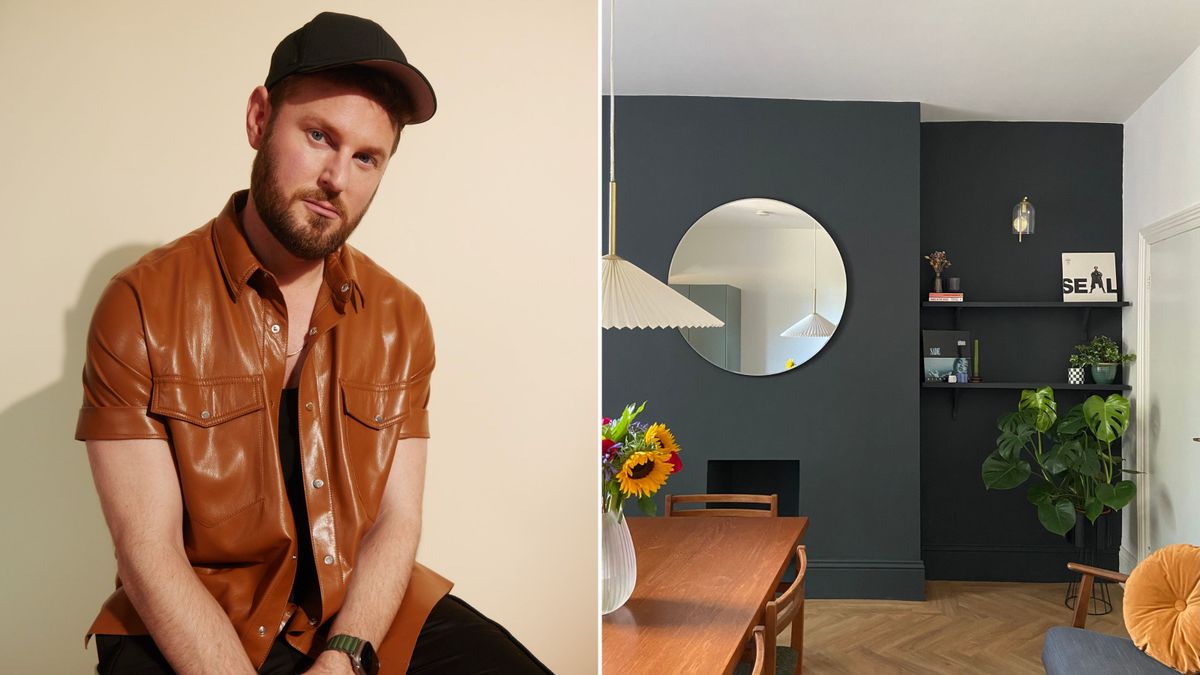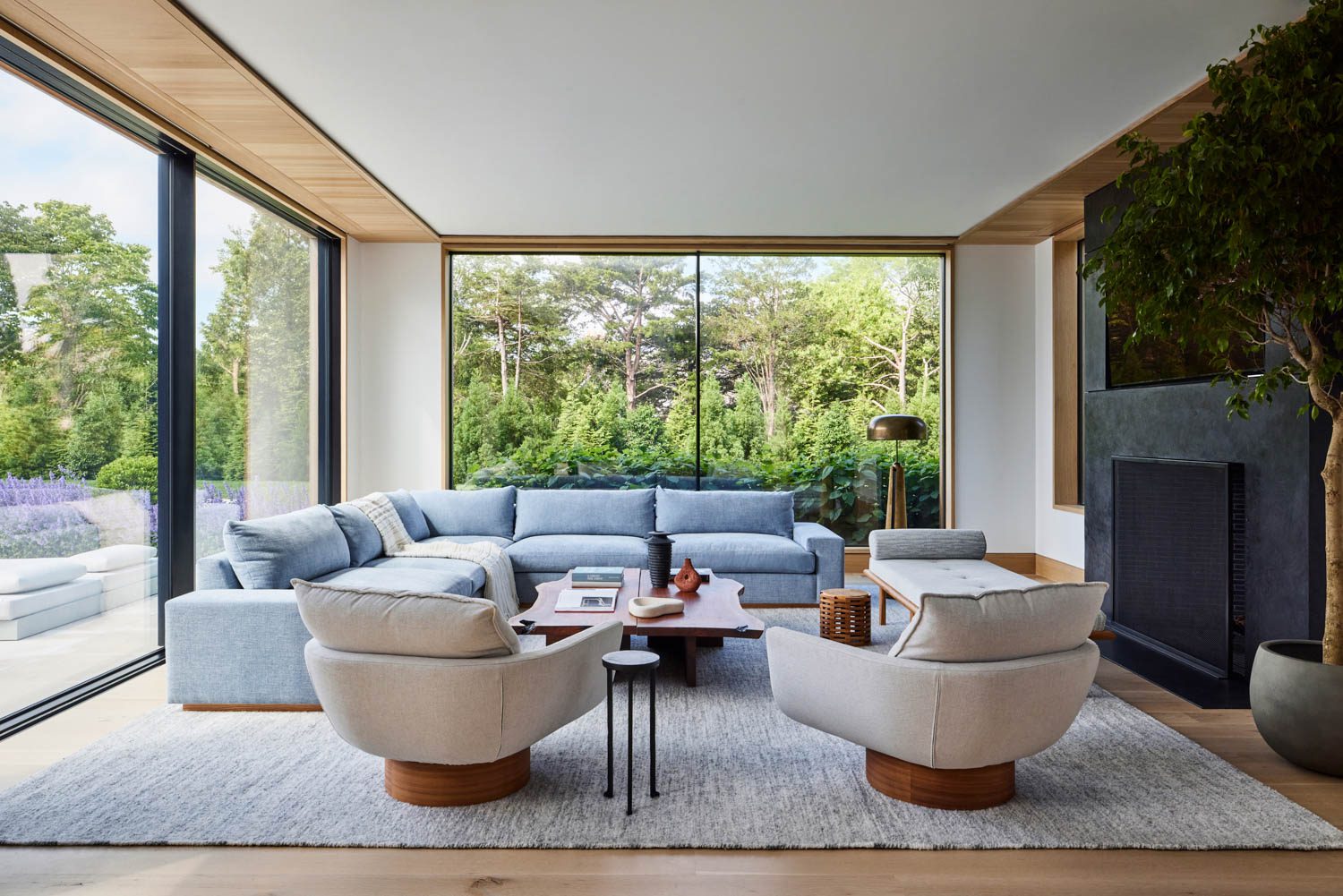Feng Shui Sofa Placement: How to Get the Layout Right
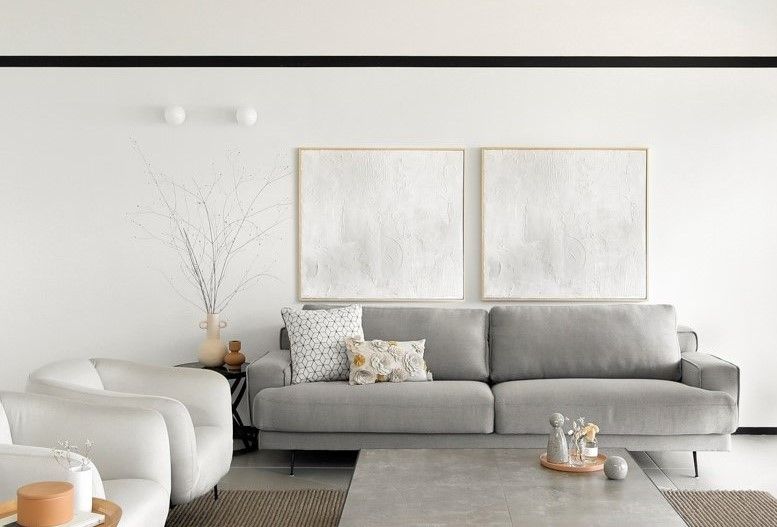
In Feng Shui, sofa placement is an important element for creating a positive environment. Get it right and you can promote the flow of chi, the life force, according to the precepts of this ancient art, making the room an uplifting place to spend time.
Living room Feng Shui provides guidance on setting the environment for the space, incorporating the five elements of earth, fire, water, wood, and metal, designing lighting, and choosing the right plants. But also crucial to a room with good Feng Shui is sofa placement.
We asked experts in the art of Feng Shui what’s important when positioning the sofa in a living room layout, and these are the main principles they shared. As it turns out, my own couch might not be in the optimal spot.
Why sofa placement matters

(Image credit: MKCA)
The placement of the sofa in Feng Shui contributes to creating the right ambiance in a living room.
“In Feng Shui, the living room is a place to gather with family and friends, and the sofa is a symbol of these social connections,” explains feng shui expert Laura Morris, co-author of Mindful Living: A Guide to the Everyday Magic of Feng Shui (available via Amazon) and co-founder of the Mindful Design Feng Shui School.
“A thoughtful sofa placement can create an atmosphere that increases family harmony,” she continues. “A well-placed sofa will create space for conversation and interaction rather than, for example, being completely focused on TV watching. A sofa should be comfortable and inviting.”
Which sofa placements give good feng shui?

(Image credit: Anna Stathaki)
For good Feng Shui, it’s important to understand the concept of chi, also written as chi’i or qi. “One key aspect of feng shui is chi, also known as life force energy,” explains Abby Lane, owner of Holistic Homes, a feng shui-based interior design company. “The intention of feng shui is to create positive chi flow. We are always trying to entice energy to move around our space freely and fluidly.”
Sofa placement should not block energy. “When placing a sofa any configuration that is conducive to conversation and flow can be used,” says Abby. “We want to create a harmonious environment where we can convene with friends; a space where conversations flow naturally.”
Rooms vary in size, shape, and so on, but there are nevertheless sofa placement guidelines to follow. “The sofa should be placed to accommodate space in front for adequate passage,” says interior and Feng Shui designer Diana Hathaway of GorgeousColor.com.
“If possible, avoid placement against a window – if this is unavoidable, a sofa table with a lamp can create a visual barrier to prevent chi’i (life energy) from rushing past the occupants’ heads, and out the window,” she advises. Bad news for my own living room layout.
“Anchoring a soft with a large living room rug is a good way to enhance the presence of a sofa in a large open space,” Diana continues. “The goal is to optimize the flow of chi’i around the sofa without blocking it by creating a stagnant arrangement.”
What is the commanding position for a couch?
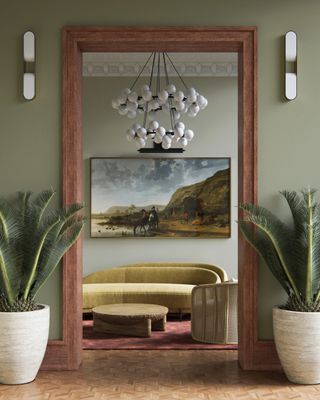
(Image credit: NAINOA)
Another Feng Shui concept to know is that of the commanding or command position. “Being in command position is very important in Feng Shui,” says Abby Lane. “Simply put, this means with your back to a solid wall and having a commanding view of all that is in front of you, meaning you are able to see who and what is coming into the room in which you are sitting.
“This does not mean, however, that you need your couch all the way against a wall,” she explains. “A design trick is always to move your couch a bit away from the wall – this is great Feng Shui as it allows the energy more space to travel all around the couch.”
The commanding position is most often used for placing beds and desks in home office Feng Shui, notes Laura Morris, but can also be used when placing a sofa. “It is ideal to have the sofa face the entry into the living room because this arrangement creates a sense of ease.”
Which way should a couch face in feng shui?
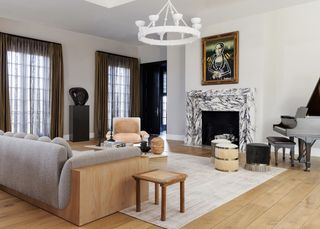
(Image credit: Ryan Saghian/Anthony Barcelo)
In addition to using the command position to guide the direction your couch faces, you’ll also want to be mindful about angling a couch. “Angled couches are problematic and should be avoided, as they cut up open space and reduce the flow of chi’i,” says Diana Hathaway.
Which sofa placements are bad in feng shui?

(Image credit: Walter Studio Interior Design)
There are sofa placements considered bad in Feng Shui. “It’s important to make sure your sofa isn’t blocking any doors,” says Laura Morris. “Blocked doors in Feng Shui represent missed opportunities.”
Bear in mind that this might also be an issue of sofa size. “Try to avoid a sofa that is too large for the room,” Laura recommends. “In feng shui having space between furniture allows the energy or qi to circulate.”
Also bad, says Diana Hathaway, is “any sofa placement that places faces away from a door or opening from which people enter the space. It’s bad Feng Shui to have people walking up behind you,” she explains.
However, there is an answer if the room makes an alternative impossible. “If you must use that placement, place a living room mirror on the opposite wall, facing the sofa so that the door is visible when someone approaches,” Diana advises.
And there are other solutions to challenging rooms. “If your couch is in front of a window, add window coverings to create the feeling of a solid wall when closed,” says Abby Lane. “If your couch floats in the room, add a console table behind it to ground it.”
The space you have available will dictate sofa placement, but Abby offers reassurance. “Create the most welcoming space your room allows and know if you are infusing your own personal chi it will be good feng shui,” she says.
link





